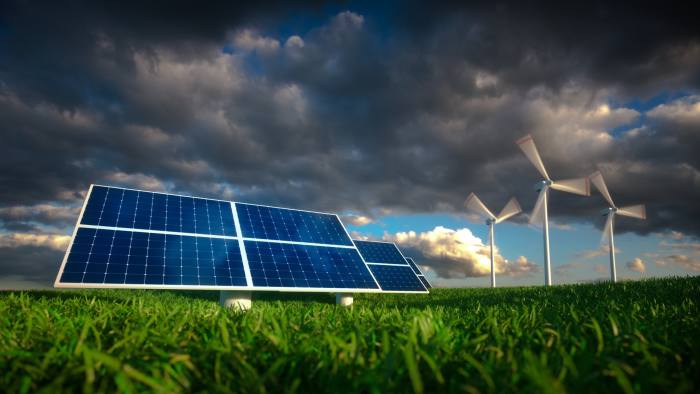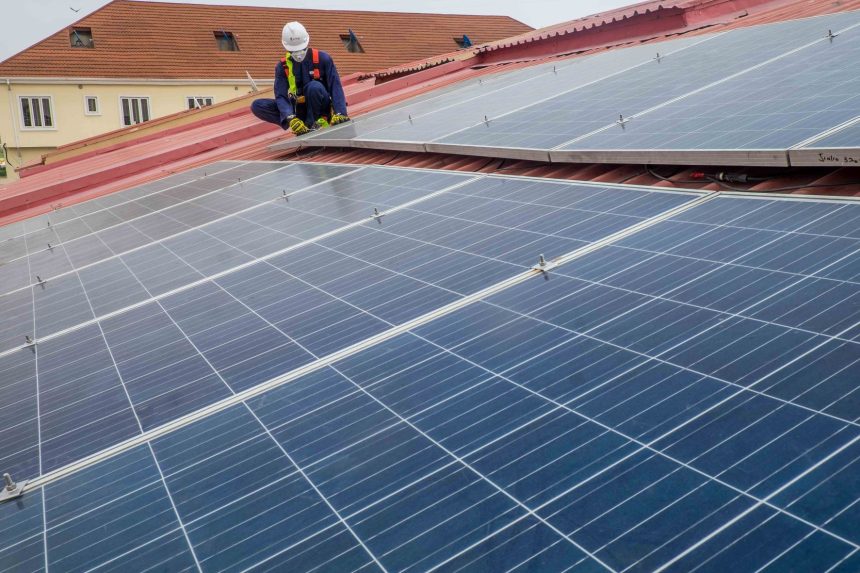With about 173,00 terawatts of radiant energy reaching the earth, Solar power remains the most abundant energy source. But where is Africa in the tech space when it comes to maximizing the potential of solar energy? Have there been unique challenges stifling efforts to mainstream solar technology in Africa?
Today, let’s talk about this.
First, a bit of context
Solar energy refers to the heat and light from the Sun, which can be converted to electricity or heat using solar technologies. It is considered the best and ultimate solution to the world’s energy needs with excess benefits to the planet.
It is no secret that Africa is the most sun-rich continent in the world yet, its reliance on fossil-fuel-based power generation largely accounts for the high cost of electricity and inadequate generation capacity leading to low access.
According to the African Solar Energy Outlook 2021 report released on 16th February 2021, many countries have been slow at embracing solar power, and African countries are not exclusive. Currently, only two African countries (Egypt and South Africa) are considered members of the ‘Gigawatt Club’, an unofficial name for a group of countries that have passed the 1 GW mark. According to government and private developers’ announcements, the reports noted that about nine other African countries (Algeria, Morocco, Zimbabwe, Zambia, DRC, Angola, Namibia, Ethiopia, and Botswana) could potentially join the club.
Although this is great news, as a continent of 54 countries with 7 of the ten sunniest countries on earth with an almost unlimited potential solar capacity of about ten terawatts, African countries need to do a lot more to take advantage of the abundant solar energy at their disposal.
Challenges for Solar Energy in Africa
Financial Challenges
According to the United Nations, “A typical home system in sub-Saharan Africa costs anywhere between $500 and $1,000, and such systems typically provide enough power to light three to six rooms and power a black-and-white TV each night. But the cost is well beyond the means of most African households.” Additionally, although solar is worth the investment in the long run, solar technology installation’s initial cost is relatively high. However, in recent years, the cost of solar has been decreasing. It is hoped that as more governments continue to embrace solar, more favorable government policies will be created to reduce the cost of solar technology.
Weather dependence

Solar panels work better in certain places than others. Solar systems may be less efficient for areas prone to consistently wet and humid weather like Uganda, the Republic of Congo, and Rwanda. However, this is worth noting that it is not that solar systems do not work in cloudy and foggy areas but that they are less efficient. Hence, the decreased efficiency coupled with the inconsistency in the amount of energy produced can be frustrating to some people.
It Uses A Lot Of Space
Solar power systems require space for installation. However, smaller solar power systems generally have higher efficiency and require less space. Thus, where both space and cost are a concern, installing solar systems may be a problem as less expensive systems take up more total area.
The Problem With Energy Storage
Because solar systems do not get the Sun’s radiant energy at night to produce electrical power, part of the energy produced during the day is stored in batteries for use at night. Even though solar systems have high longevity, solar batteries typically have a 10–15-year lifespan. Hence, the batteries will need replacement with time.
How solar energy compares with conventional electricity
- Solar power is more cost-effective than conventional electricity: The high cost of solar energy systems and technologies is as a result of the initial purchase and installation. On the other hand, rising cost accounts for a more expensive conventional electricity usage over solar energy. Therefore, it is not surprising that according to the International Energy Agency (IEA), solar power is the cheapest electricity in history.
- Solar energy is renewable energy as its source is the Sun, unlike conventional electricity, which is either obtained from fossil fuels like coal or non-renewable energy sources.
- The use of solar energy has a plethora of benefits to the planet making it one of the least polluting forms of energy production available. It is clean and emission-free; hence, its usage reduces dependence on fossil fuels that need to be burnt to generate conventional electricity, thereby producing greenhouse gases.
Indeed, solar technology has prospects of witnessing increased efficiency and reduced cost. This will, in turn, not just make it more accessible to many but will have a positive impact on the environment and planet.










